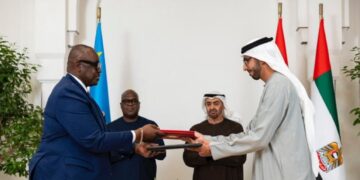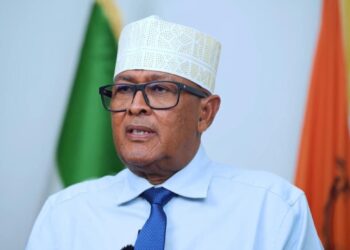Algeria has decided to use English instead of French in its universities starting this September. The change will begin with first-year medical and science courses. The government says this move will help students connect better with the rest of the world.
French has been widely used in Algeria for years, but English is seen as more useful for science, technology, and international business. A 2025 study supports this shift, saying it will help Algerian universities compete globally.
Why the Change?
Some experts say politics plays a big role. Algeria and France have had tense relations, especially after France supported Morocco in a dispute over Western Sahara. Algeria was unhappy and even called back its ambassador from France.
Professor Bouraoui Seyfallah from an Algerian university said, “It’s hard to separate politics from education here. Both are part of this decision, but politics may be the bigger reason right now.”
Other African Countries Moving Away from French
Algeria isn’t the only country reducing French influence. Niger, Burkina Faso, and Mali recently left an organization that promotes French language and culture. They accused France of using it to control African countries.
A language expert, Rosemary Salomone, said these countries are cutting ties with France in many ways—removing French as an official language, kicking out French troops, and even changing colonial-era street names.
She added that Senegal and Ivory Coast are also pushing back against French influence. Over time, they might also switch to English in universities.
Is French Fading in Africa?
An Algerian professor, Sadallah Boubaker-Khaled, called French a “lost language” in some former colonies. He said young people prefer English because it helps them get better jobs and education.
“English is the language of science, business, and global communication,” said Professor Seyfallah. “Algeria wants its students to succeed worldwide.”
Challenges Ahead
But switching to English won’t be easy. Many students and teachers in Algeria aren’t fluent in English yet. The country ranks low in global English skills.
Professor Seyfallah warned that universities need more English textbooks, trained teachers, and time to adjust. “A slow, careful approach is best,” he said.
Salomone agreed, saying Algeria must test students’ English levels and offer extra classes if needed. She also suggested hiring English-speaking teachers or partnering with universities in English-speaking countries.
What’s Next?
Algeria has already started teaching English in primary schools. But making it the main university language will take years. If successful, it could open more opportunities for Algerian students and researchers worldwide.
For now, the country faces a big challenge—balancing the need for global connections while managing the practical difficulties of such a major change.




































